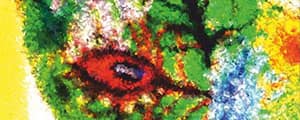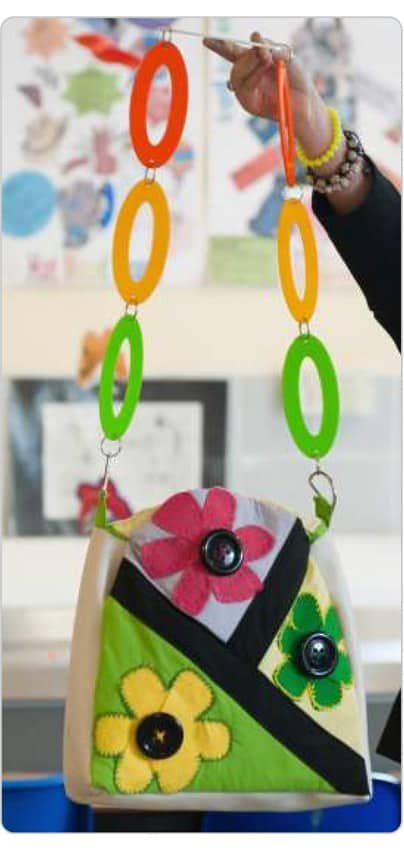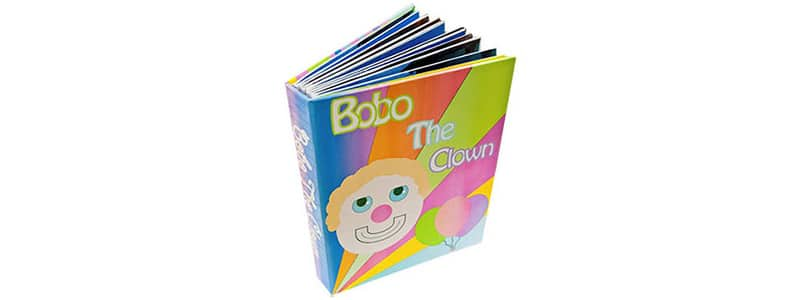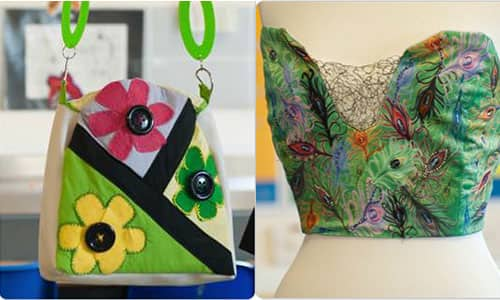
-
CUSTOMER
James Wigley, Strategic Director of ICT; Tony Callear, Instructor and Technician -
ORGANISATION
St. Edmund Campion Catholic School & Sixth Form Centre -
LOCATION
Birmingham, UK -
INDUSTRY
Education -
PRODUCT
Corel Academic Site Licence (CASL)
One area in which inspiration is very much in evidence is the Creative Technologies faculty. Along with IT, this area covers a multi-disciplinary range of subjects including art, design, and technology. Design and technology staff teach a range of specialisms including Graphics, Resistant Materials, Textiles and Food Technology, giving it a wider remit than the technology department in many other schools.
Students in these areas design a variety of products – depending on the subject – and make them by exporting their designs to the relevant device, such as a dye-sublimation printer, vinyl cutter, laser cutter, CNC router or standard printer. With impressive mastery of all the stages involved, pupils from Year 7 – who are 11-12 years old – through to A–level ®students work with CorelDRAW Graphics Suite on their design. With well over 1000 pupils, the school has opted for a site licence to facilitate management.
Tangrams to key rings and beyond
The youngest students often start by designing a wooden tangram, the popular Chinese puzzle, using ®CorelDR AW on the computer. With the range of output options available in the software, they can send the design directly to the laser cutter and retrieve their wooden puzzle minutes later. Some opt for a key ring, selecting colours, shapes and other details on screen, then producing the finished product to their specifications. “We're lucky to have a wide range of output equipment and the raw materials to enable students to produce their chosen products,” comments James Wigley, Strategic Director of ICT at the school. “CorelDRAW has become an integral part of our work because it enables direct output to so many peripherals. For us, that's one of its biggest plus points.” He adds that many comparable solutions require format conversion and other steps before sending to the relevant machine. This saves time while still producing a professionallooking result.
Ease of use combined with sophistication
Tony Callear, an instructor and technician at the school, suggested CorelDRAW as the ideal addition to technology-related subjects several years ago. As a seasoned design professional, Callear had worked with the product before. “We've been using it since version 4,” he says. “I felt it would be easy enough for the youngest pupils to use, while still delivering sophisticated functions for more advanced students and projects.” Callear also uses the solution in his extra-curricular design clubs, which he runs at lunchtimes and after school to allow pupils to develop their creativity further.
The detail makes the difference
Some of the older students might start with a basic physical model, perhaps in card or as artwork produced using traditional media, and then use the superbly-controllable vectorisation engine in ®CorelDR AW to place it into the digital realm. They can then develop their design in CorelDRAW, both creatively and also with the rigour and precision required for CNC production. “They might create a cardboard prototype of a clock, and then vectorise it in CorelDRAW. That lets them add detail and precision in a range of materials for their final product, achieving high standards that would take much, much longer if attempted by hand,” notes Wigley. The same goes for popular articles like mobile phone holders, which the pupils of St. Edmund Campion School have made and decorated in every conceivable colour. The designs are exported to the laser cutter and produced in acrylic or other materials. In Graphics, Year 9 pupils (aged 13-14) are tasked with designing product packaging – such as for a washing powder – as well as graphical illustrations for computer games and websites.
Right on trend with sequins and lace

As they move through the curriculum, their projects become more advanced and include book covers and even clothing. Here, they develop intricate designs that can include lacework or sequins and export them directly to the fabric printing and cutting machines. “The vectorisation feature comes in useful here too,” says James Wigley. “Pupils can bring in a piece of lace they've created at home, scan it and vectorise it in CorelDRAW, then add further detail as desired and cut their cloth on the laser cutter.” Using the artistic media too in CorelDRAW scanned sequins can be printed onto the fabric to recreate the sparkle of the real thing, saving the student from having to sew them on one by one. Then the garment is precision-cut to the required dimensions on the laser cutter, eliminating any wastage of material. “CorelDRAW has excellent colour profiling too,” he adds. “There's a good match between the colours on the screen and those printed onto the material. The results can be pretty impressive.” Maybe a famous future fashion designer is studying at St. Edmund Campion today!
Creativity across disciplines
Tony Callear emphasises the importance of interaction between the Graphics, Resistant Materials, Textiles and Food Technology courses. “This gives students a broad-based perspective on all aspects of product design,” he explains. “For example, they may develop a breakfast cereal in Food Technology, selecting and combining ingredients as required. But it doesn't stop there. They then have to design the product packaging and advertising for it too.” Along with traditional media for their packaging, students can make stickers by creating intricate shapes on screen and have them cut out on the vinyl cutter.
No need for other programs
Both Tony Callear and James Wigley are very satisfied with the contribution CorelDRAW makes to their students' creative development. “We can do anything we've ever wanted with it,” notes Wigley. “We've never needed any other program, and that makes it good value.” Callear agrees, adding, “It helps us build up the students' skill sets in design subjects, starting at a basic level and moving up to very advanced. I've been using it for years – but even I discover new features now and then!”
“We're lucky to have a wide range of output equipment and the raw materials to enable students to produce their chosen products. CorelDRAW has become an integral part of our work because it enables direct output to so many peripherals. For us, that's one of its biggest plus points.”

